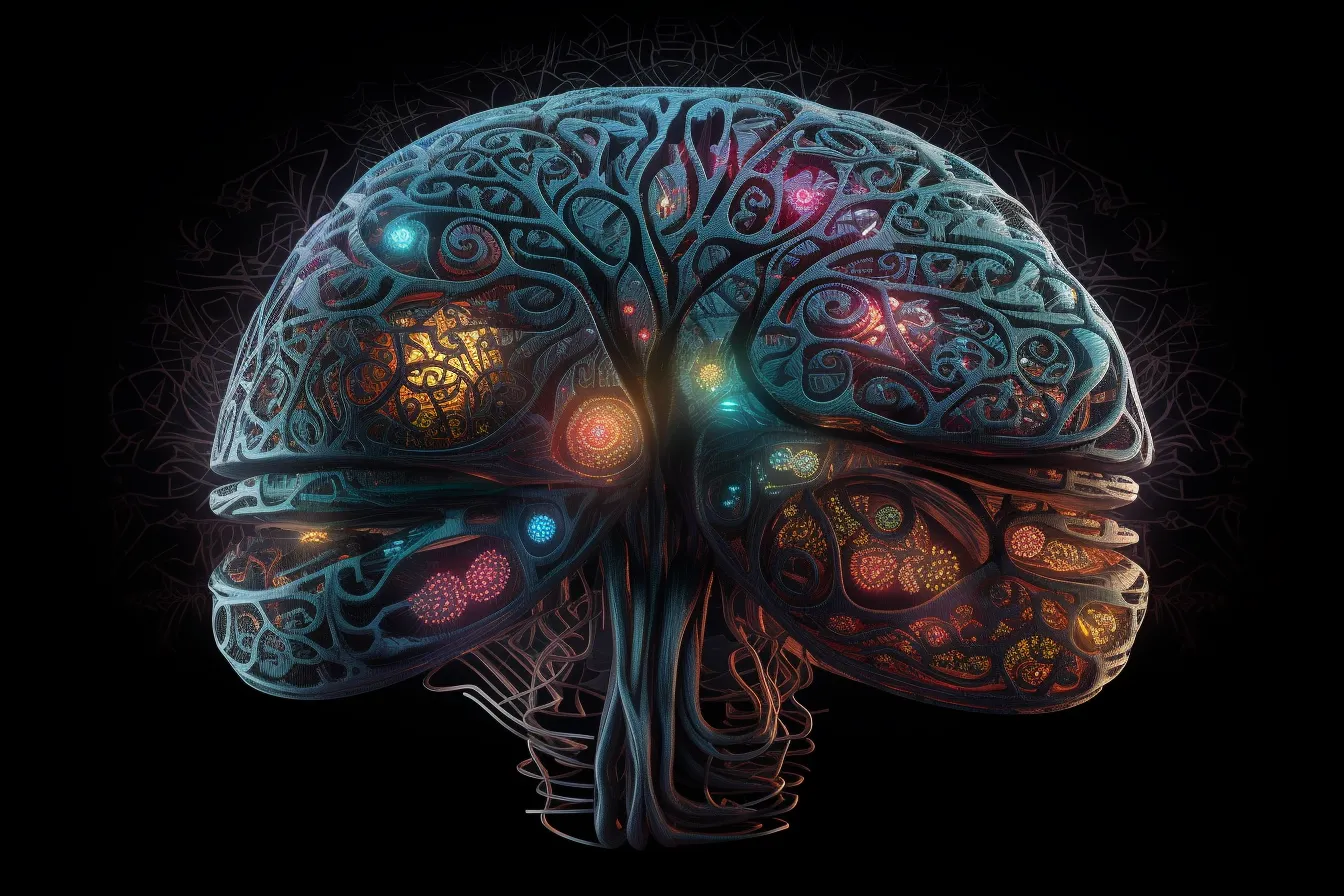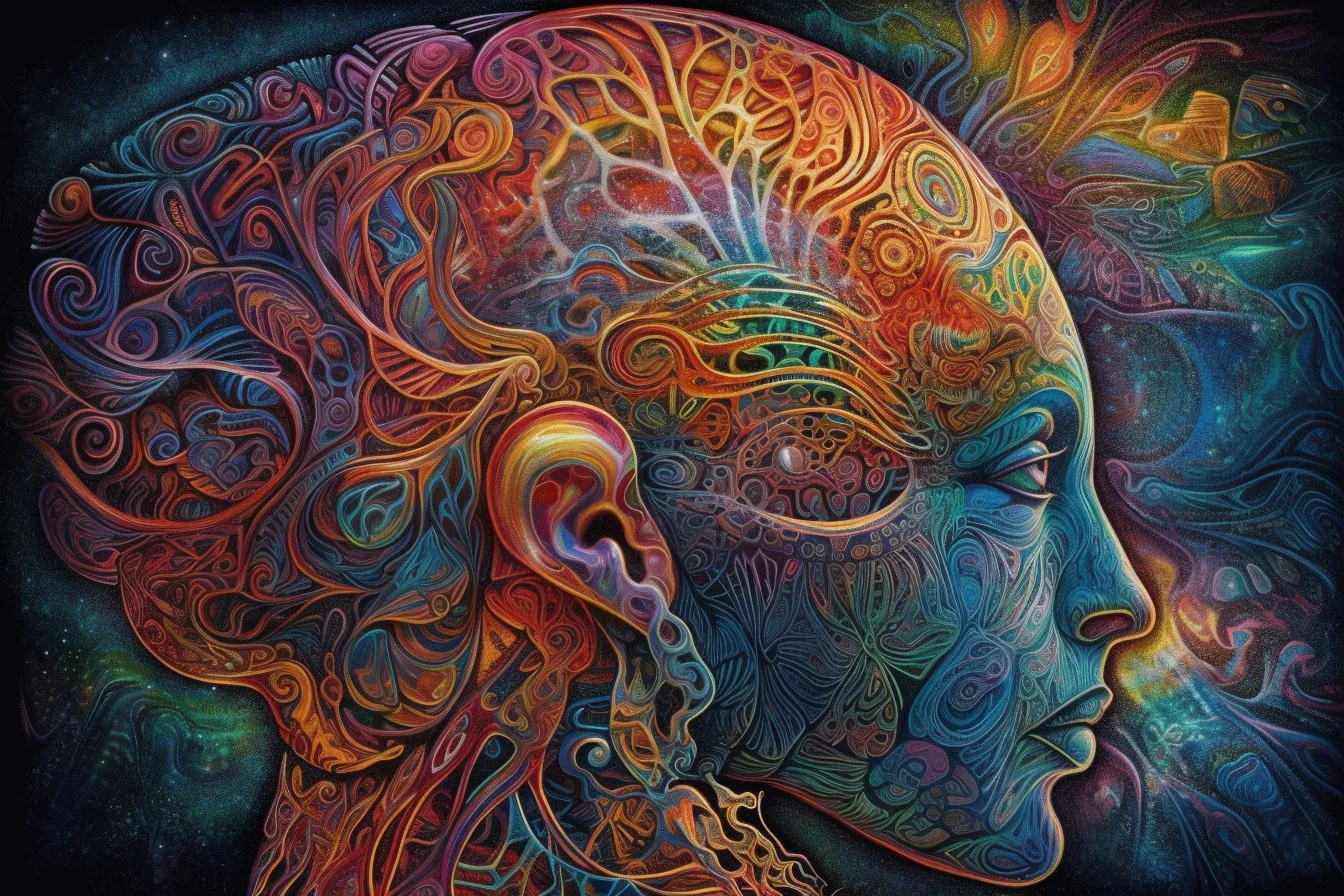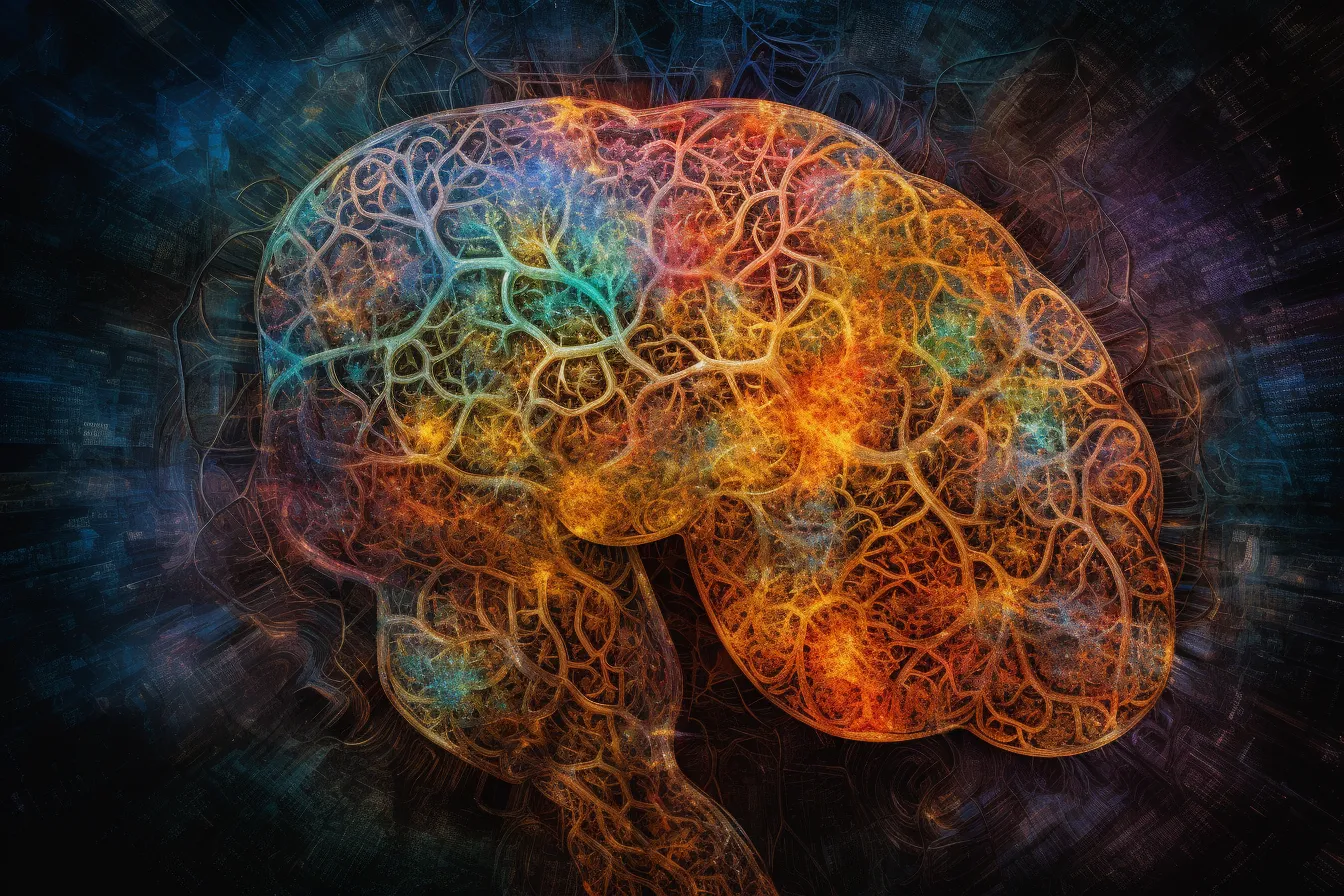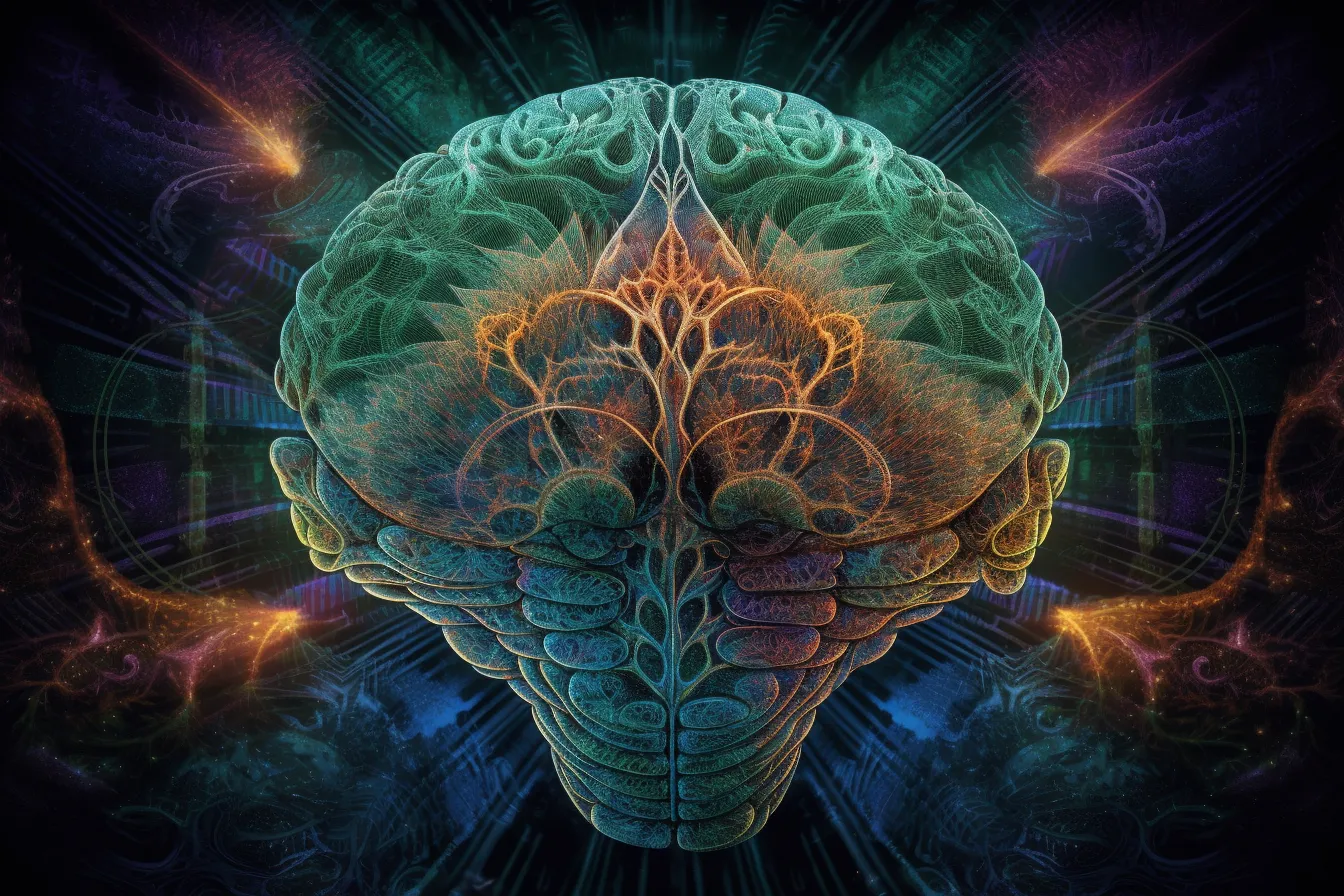
- March 1, 2024
- 75 Views
The Enigmatic Molecule: DMT and Its Fascinating Effects on Consciousness

In the world of trippy compounds, few substances induce as much curiosity and curiosity as dimethyltryptamine, or DMT. Often known as the “spirit molecule,” DMT has captured the fancy of researchers, spiritual enthusiasts, and curious learners alike. Its profound effects on consciousness have spurred a explosion of scientific research targeting clarifying the mysteries of this cryptic substance.
Exploring the Brain Mechanisms
At the leading edge of DMT research is the examination of its impact on the human brain. Neuroscientists are exploring the intricate neurological mechanisms underlying DMT’s effects, seeking to understand how it changes sensation, cognition, and consciousness itself.
One key aspect of DMT’s action is its potent interaction with serotonin receptors in the brain. Serotonin, often called the “feel-good” neurotransmitter, plays a crucial role in regulating mood, perception, and cognition. By binding to specific serotonin receptors, DMT triggers a flood of neural activity, leading to profound alterations in consciousness.
Studies using advanced imaging techniques such as functional magnetic resonance imaging (fMRI) and positron emission tomography (PET) have provided valuable insights into the neural correlates of DMT-induced states. These studies demonstrate widespread changes in brain connectivity and activity, particularly in regions associated with introspection, self-awareness, and emotional processing.
Opening Altered States of Consciousness

DMT’s ability to induce altered states of consciousness has been likened to entering a world of kaleidoscopic visions, profound insights, and mystical experiences. Researchers are fascinated by the parallels between DMT-induced states and those reported in various religious and spiritual traditions, suggesting that DMT may offer a window into the nature of consciousness itself.
One theory proposes that DMT may act as a catalyst for accessing non-ordinary states of consciousness, allowing individuals to explore realms beyond the constraints of everyday perception. These experiences, often described as “breakthroughs,” can be profoundly transformative, leading to shifts in worldview, enhanced creativity, and a greater sense of interconnectedness.
The Beneficial Potential of DMT

Beyond its role as a tool for exploring consciousness, DMT holds promise as a therapeutic agent for treating a range of mental health conditions. Preliminary research shows that DMT-assisted therapy may be effective in alleviating symptoms of depression, anxiety, and post-traumatic stress disorder (PTSD).
One proposed hypothesis involves DMT’s ability to promote brain plasticity, the brain’s ability to restructure and form new neurological connections. By enhancing neuroplastic processes, DMT may assist individuals surpass entrenched trends of thought and behavior, leading to lasting remedial benefits.
Moreover, DMT’s deep psychotherapeutic effects may come from its ability to induce phases of ego dissolution, allowing patients to transcend limiting beliefs and access deeper strata of the psyche. This breakdown of the ego can promote feelings of unity, compassion, and interconnectedness, which are crucial for healing and personal growth.

Conclusion: Traveling into the Depths of Consciousness
As our understanding of DMT continues to evolve, so too does our appreciation for its profound impact on the human brain and psyche. From unraveling the intricate neurological mechanisms to exploring its therapeutic potential, DMT represents a gateway to uncharted territories of consciousness.
As we dive in into the science of DMT, we may unlock new insights into the nature of reality, consciousness, and the human experience. Whether used as a tool for self-exploration, a catalyst for therapeutic healing, or a subject of scientific inquiry, DMT invites us on a journey into the heart of consciousness, where the mysteries of the mind await to be discovered.